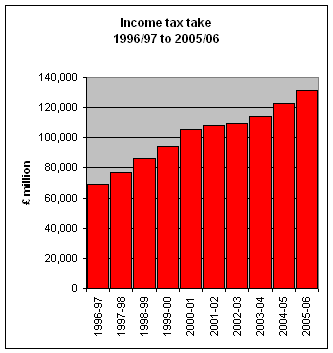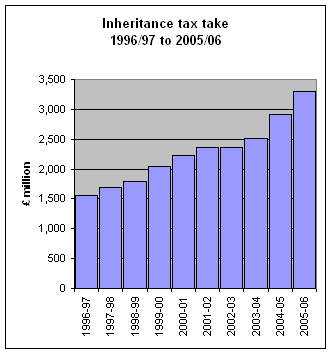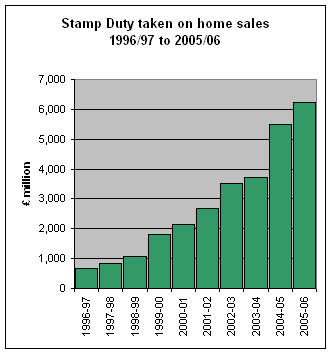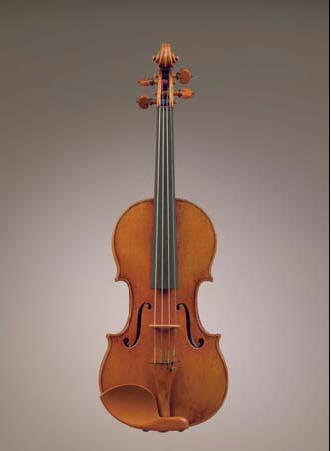

On the buses
You will need determination, a pile of bus timetables, and an emergency
Thermos, but from April 2008 anyone aged 60 or more will be able to travel free
from Penzance to Penrith. The catch is you will have to use local buses. Because
from that date the local bus pass which gives you free bus travel in your own
area will also be honoured everywhere in England. The new scheme was announced
by the Chancellor in the Budget but it will not cover long distance coach travel
– only local services which have stops at least once very 15 miles.
The expansion of the service is intended to deal with the problems that are already becoming clear with the the free local bus passes that began in April. Someone who lives in one local authority area but needs to travel to another to reach the nearest shopping town may well find that there is no agreement to let them use their local bus pass outside their area. And people who travel to other parts of England on holiday or to visit friends or relatives cannot use their local bus pass there. The changes from 2008 are supposed to deal with those issues.
The new scheme will apply only in England as Scotland, Wales and Northern Ireland already have their own schemes. In Scotland free travel now includes long distance coaches. And in Northern Ireland local rail services are included as well. There are still lots of details to work out about how the new scheme will work in practice. And already local councils are warning that the money set aside – £250 million – may not be enough. Some claim they have already had to cut other services to pay for the present scheme.
Pension hopes dashed
The Government is refusing to compensate at least 85,000 people who lost
significantly when their company pension scheme was wound up leaving them with a
far smaller pension than had been promised. This is despite the verdict of the
Parliamentary Ombudsman, Anne Abraham, that the government misled the public
about the safety of company pensions by issuing inaccurate, incomplete, unclear,
and inconsistent information over a number of years. The Government is relying
on the scheme it set up last year to offer limited compensation to around 15,000
of the worst affected people who were closest to 65. This scheme has been widely
criticized as inadequate and the Government has now said it will be reviewed in
2007. That will be too late for many people who have lost money. Some have
already died.
Tax take
Over ten years of the Labour government the amount of money raised in income
tax has almost doubled from £69 billion to £131 billion; the amount raised from
people dying has more than doubled from £1.6 billion to £3.3 billion; and the
money paid when houses are sold has risen nine times from a tiny £675 million to
an estimated £6.2 billion in 2005/06. The reason is simple. Tax allowances rise
in line with inflation – 2 or 3% a year. But earnings rise faster at just over
4% a year, and property prices go up much faster than that. The result is that
more income is caught by income tax – especially at the higher rates, more
estates pay inheritance tax and much more money is raised whenever a house or
flat is sold. It has always happened and economists even have a name for it –
fiscal drag. Perhaps it should be called the Chancellor’s friend.



Hammer price
A 300-year-old violin could become the most expensive musical instrument
ever sold when it is auctioned by Christies in New York later this month. The
record was set barely a year ago when another violin by the famous Italian
Antonio Stradivari fetched $2 million (£1.16 million). But the violin on sale in
May was made in Stradivari’s so-called ‘Golden Period’ between 1700 and 1720 and
it may well top that astonishing price. It is traditional to name violins after
famous past owners and this instrument is known as the ‘Hammer Stradivari’ after
the Swedish collector Christian Hammer. When its cousin, known as the Lady
Tennant, was sold last April the new owner presented it to the Chinese violinist
Yang Liu who said "I have been given a soul mate for life." Kerry Keane, head of
musical instruments at Christie’s in New York, admits to hoping something
similar will happen to the Hammer "On a personal level, yes. These objects are
wonderful art, sculpture, and craftsmanship. But what is unique is that they are
static until they placed in the hands of another artist and then they come to
life."

Of course no-one can expect to find a Strad in their attic. But Kerry says remarkable finds to come to light. "Violins, violas, and cellos and their bows, some made as recently as the 20th century, 1880-1930, are selling for eight times what they would have fetched a few years ago. There were some magnificent English makers – Chanot, Fendt, Locke – a Hills violin from around 1900 might fetch £3000. Locke might make £20,000."
He warns though that many have the wrong labels applied internally and you should always take them to a qualified expert to get an opinion."
Grand child trust
The Chancellor has confirmed that all children born from 1 September 2002
will get a second Child Trust Fund payment of £250 at the age of seven. These
children have already had the first £250 payment and the Government is
considering whether to make a third payment when they are at secondary school.
The money becomes theirs at 18 and, if investment returns were 5% a year after
charges, that £750 would grow to around £1350. That will barely be enough for a
very old banger or a very good party by 2020 when the first funds are paid over
to their newly adult owners. So Grans and Grandads could be the key to young
people having a decent amount to put towards their university education or a
deposit on a home.
Anyone can pay into a Child Trust Fund, as long as the total extra going in does not exceed £1200 in any tax year. If that level of contribution is achieved then the lucky child can look forward to a total fund of more than £36,000, assuming 5% a year growth after charges. Quite an 18th birthday present! So instead of cuddly toys or designer clothes why not pay into your grandchild’s child trust fund?
|
Extra contribution per month from birth |
Total value of fund at age 18 |
|
£0 |
£1,106 |
|
£10 |
£4,574 |
|
£25 |
£9,891 |
|
£50 |
£18,753 |
|
£100 |
£36,476 |
| Assumptions: net growth of 5% per year after charges; £250 payment at birth and age 7. | |
May 2006